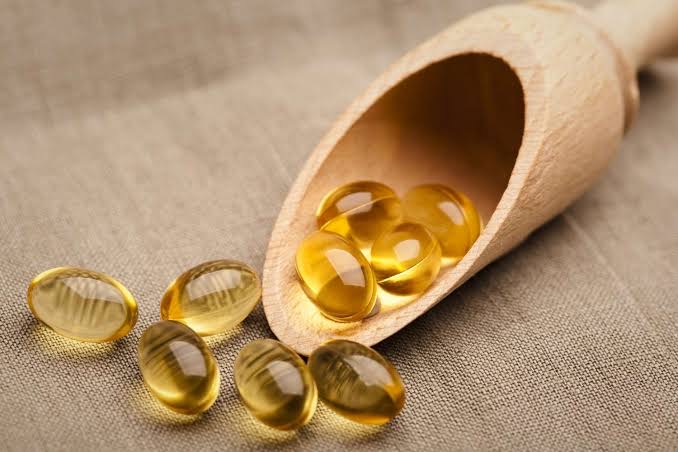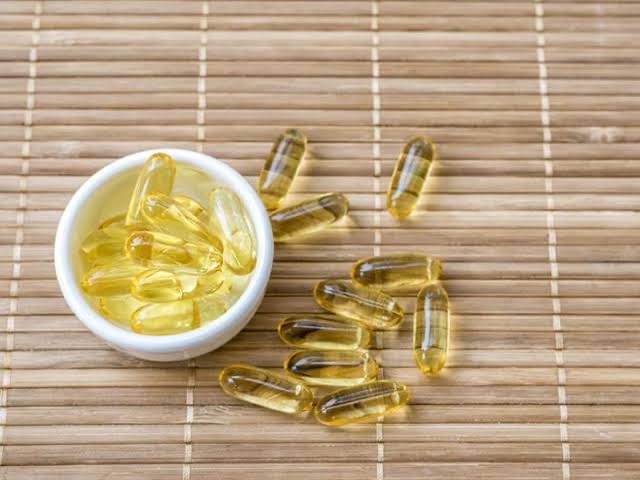Vitamin E, a powerful antioxidant, plays a crucial role in maintaining skin health. Found in various forms, including tocopherols and tocotrienols, it is a fat-soluble vitamin that provides a host of benefits when applied topically or consumed through diet. This article explores the multifaceted importance of vitamin E for the skin, highlighting its protective, restorative, and moisturizing properties.
Antioxidant Protection
One of the primary functions of vitamin E is its role as an antioxidant. It helps neutralize free radicals—unstable molecules generated by UV radiation, pollution. And other environmental stressors—that can damage skin cells and accelerate aging. By combating oxidative stress, vitamin E helps prevent the breakdown of collagen and elastin. Essential proteins that maintain skin firmness and elasticity. This protection translates into a reduced appearance of fine lines, wrinkles, and age spots.
Moisturization and Skin Barrier Support
Vitamin E is an excellent moisturizer, known for its ability to retain moisture in the skin. It strengthens the skin’s natural barrier, preventing water loss and keeping the skin hydrated. This is particularly beneficial for individuals with dry or sensitive skin. As it helps soothe and repair a compromised skin barrier, leading to a smoother and more supple complexion.
Anti-Inflammatory Properties
Vitamin E has significant anti-inflammatory effects, which can help reduce redness, swelling, and irritation associated with various skin conditions. Its soothing properties make it beneficial for managing conditions like eczema and psoriasis. By calming inflammation, vitamin E aids in the healing process and helps maintain a balanced, healthy skin environment.
Wound Healing and Scarring
Vitamin E is widely recognized for its ability to accelerate wound healing and minimize scarring. Its regenerative properties promote faster cell turnover and repair, which is crucial for healing minor cuts, burns, and other skin injuries. Additionally, regular application of it can improve the appearance of scars by moisturizing the affected area and supporting the skin’s natural healing processes.
Sun Protection and Damage Repair
While it is not a substitute for sunscreen, it can enhance sun protection when used in conjunction with other sunblock ingredients. It helps mitigate the damaging effects of UV radiation, such as sunburn and photoaging. Moreover, vitamin E’s restorative properties assist in repairing skin damage caused by excessive sun exposure, contributing to a more even skin tone and texture.
Anti-Aging Benefits
Due to its antioxidant and moisturizing properties, vitamin E is a key ingredient in many anti-aging skincare products. It helps improve skin elasticity, reduce the appearance of fine lines and wrinkles, and promote a youthful, radiant complexion. By maintaining the integrity of the skin’s lipid barrier and supporting collagen production, the vitamin contributes to long-term skin health and resilience.
Sources of Vitamin E
Vitamin E can be incorporated into your skincare routine through topical products or consumed via a diet rich in this essential nutrient. Common sources of it include:
– Topical Applications: Creams, serums, and oils enriched with vitamins E can be directly applied to the skin. Products containing natural sources it, such as argan oil, almond oil, and sunflower oil, offer additional benefits due to their complementary fatty acids and nutrients.
– Dietary Sources: Foods high in vitamin E include nuts (almonds, hazelnuts), seeds (sunflower seeds), vegetable oils (wheat germ oil, sunflower oil), and leafy green vegetables (spinach, broccoli). Including these foods in your diet can help maintain optimal skin health from the inside out.

Vitamin E is a vital nutrient for maintaining healthy, radiant skin. Its potent antioxidant properties protect against environmental damage. While its moisturizing and anti-inflammatory effects support skin barrier function and overall skin health. By incorporating vita. E into your skincare regimen and diet, you can harness its myriad benefits to achieve a more youthful, resilient complexion. As awareness of natural and effective skincare solutions grows, the importance of vitamins E continues to be recognized and celebrated in the beauty and wellness industries.


Pingback: Jojoba Oil: Nature’s Liquid Gold - SimplExplainer
Pingback: Antiseptics: Key Agents in Infection Prevention - SimplExplainer